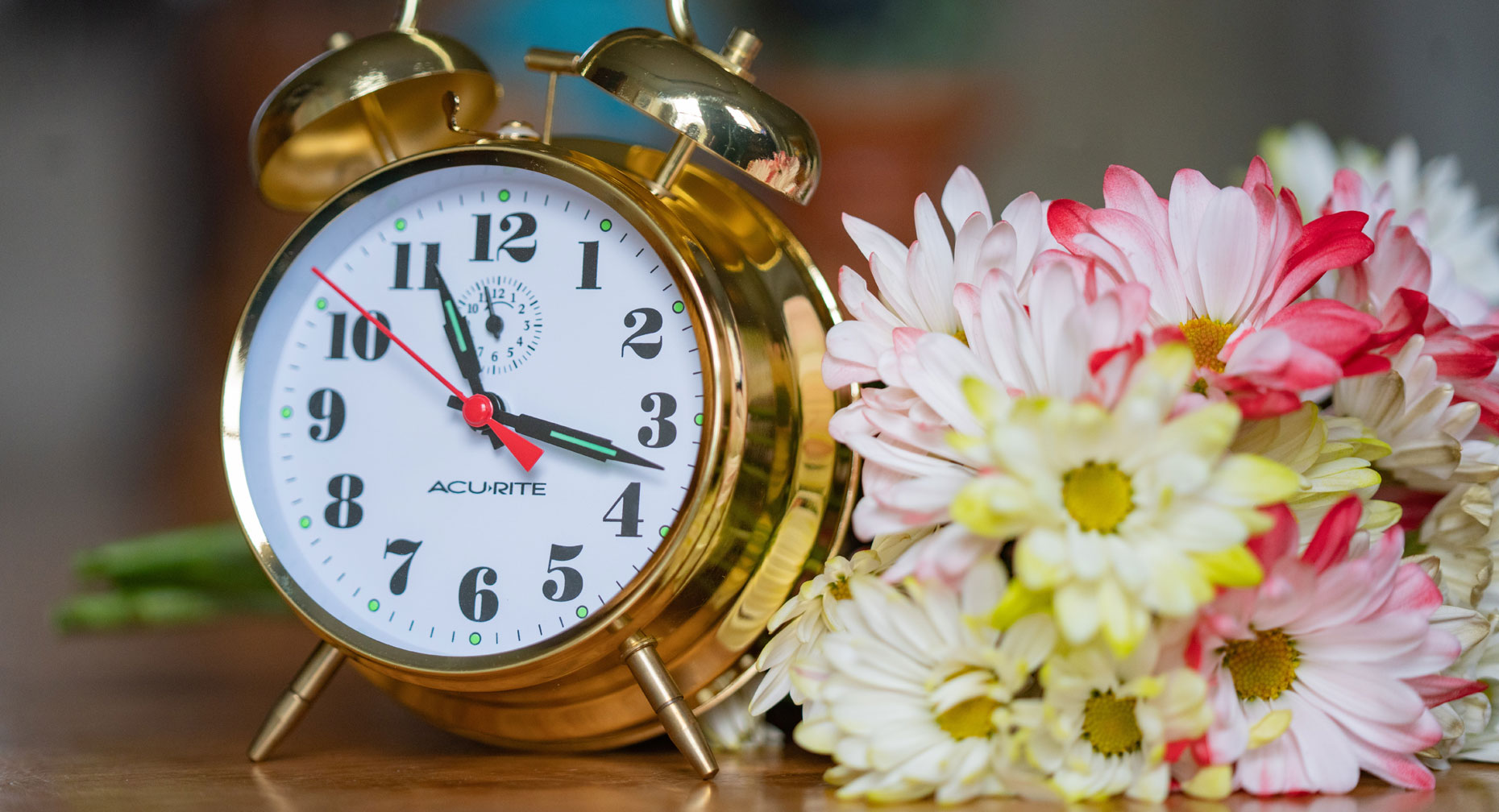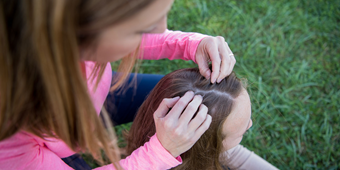No One Likes the Time Change

Find Your Perfect Match
Answer a few questions and we'll provide you with a list of primary care providers that best fit your needs.
We all hate Daylight Saving Time, especially in the spring when we’re losing an hour of sleep. But should we stop grumbling over an hour? Or, is it actually worth complaining about?
It’s not something to be taken lightly. Sleep deprivation of any kind, or any change in your sleep cycle, can affect your mood. It can affect how you perform at work or how you perform with your family. It can affect how you think. It can have sometimes fairly profound effects on people.
Getting in bed at the same time every night, getting up at the same time every morning, and trying to get at least seven to eight hours of sleep a night has really been shown to be the best thing.
Why Does it Make Sense to Hate Daylight Saving Time?

We can thank Benjamin Franklin for that twice-yearly disruption we all love to hate. Daylight Saving Time (DST) was his idea – brainstormed to help Parisians use fewer candles. More than 25 countries switch their clocks forward in the spring and go back to standard time in the fall.
While it’s only an hour – and fairly easy to belittle – various studies show that Daylight Saving Time is actually linked to more serious consequences than sleepiness and a bad mood. Michigan researchers, publishing in the American Journal of Cardiology, found an increase in heart attacks in the “spring forward” of Daylight Saving Time. A Swedish study had similar conclusions, in addition to a small decrease in heart attacks at its end in the fall. Similarly, findings published in the New England Journal of Medicine show an 8 percent increase in traffic accidents on the Monday after the switch in the spring, and a similar decrease in accidents in the fall.
So why is Daylight Saving Time so disruptive to our daily patterns? It’s a matter of circadian rhythms. Your brain is very sensitive to light. There's a part of your brain that's sensing the light that's coming through your eyes and setting up your circadian rhythm. It's like your brain's internal clock. When there's a disruption in that pattern, it has to reorganize itself in order to get used to the new pattern. It's really the light that's the effect.
How Can You Deal with DST?
The best way to deal with Daylight Saving Time is being consistent with good sleep hygiene habits. That means going to bed at the same time every night and waking up at the same time every morning.
The idea of ‘I'm going to sleep in on the weekend and catch up on my rest,’ actually may be detrimental for you. Your body likes things to be the way they are all the time, what we call homeostasis. Getting in bed at the same time every night, getting up at the same time every morning, and trying to get at least seven to eight hours of sleep a night has really been shown to be the best thing.
How Long Does DST Affect Us?
Thankfully, by keeping consistent sleep patterns, your body will soon adjust to Daylight Saving Time. However, people do vary in their response to sleep changes. Most people are probably going to feel it for a day or two and then get back into the normal rhythm.
But, when the time change comes, give yourself and your family a little extra space, a little extra understanding. Dealing with sleep deprivation of any kind can affect us more than we think. Be a little kinder than necessary and try to be consistent in your sleep habits!
Find Your Perfect Match
Answer a few questions and we'll provide you with a list of primary care providers that best fit your needs.
Source: New England Journal of Medicine; Harvard Health Publishing




